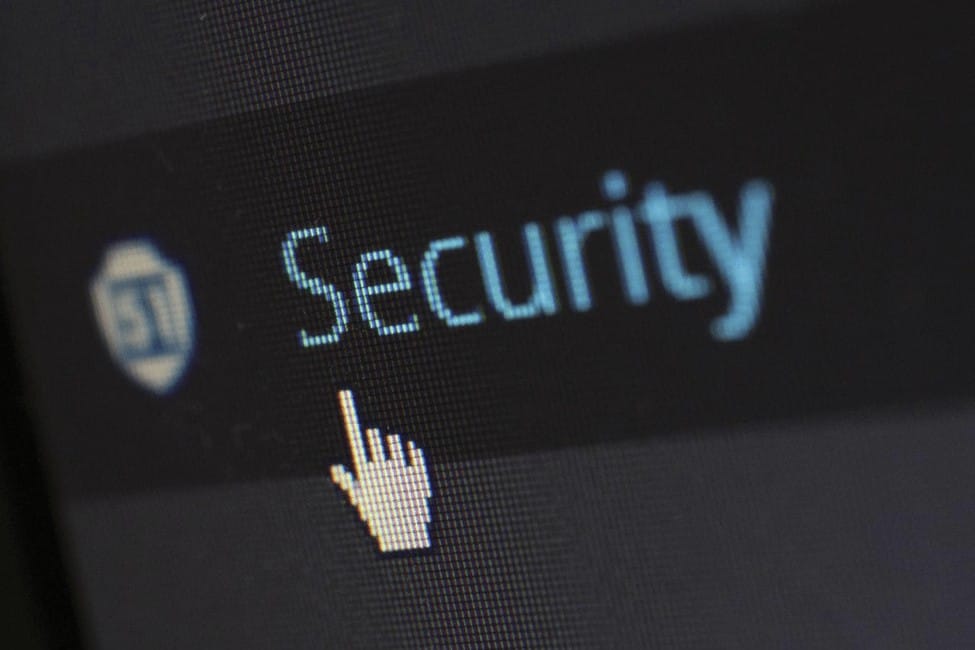How to Keep Your Small Business Safe Online
If you’re careful enough and have good security measures in place, you will be able to protect your small business and your online operations.

The digital world offers endless possibilities for various businesses to grow and reach success. By operating online, businesses have the opportunity to reach customers anywhere in the world, gather data online and turn it into valuable metrics and analytics, and promote their business on various channels over the Internet. As beneficial the digital world may be, there are risks and threats that can strike any business at any time and ruin everything that’s been accomplished.
Although cybersecurity is at the top of the list of concerns for every business owner, very few of them actually implement proper security measures to protect their business. In addition, some startup and small business owners believe that they simply can’t afford to spend much on cybersecurity. However, without good cybersecurity measures, you’re putting your whole business at risk. Nevertheless, there are ways you can keep your small business safe online without having to spend a fortune and here’s a few of them.
Get the Best Updates on SaaS, Tech, and AI
Strengthen your passwords
Many small business owners make the mistake of creating weak and short passwords for their accounts, so they can remember them easily. Moreover, they make yet another mistake of using the same password for multiple accounts. These mistakes can cost you more than you realize, because a weak password, such as “Richard1234” wouldn’t cause even a below-average hacker to break a sweat when cracking it. Even a nosy employee would be able to figure it out.
What’s worse, if you use such a weak password for multiple accounts, such as social networks, as log-in for your local network, personal email etc. then a hacker only needs to figure out a password once and they have control of every account you own. That’s why it’s important to use stronger passwords that are between 12 and 20 characters long and consist of both capital and lowercase letters, symbols and numbers. Also, never, ever use the same password twice.
Acquire security software
Some cybersecurity measures can cost a lot of money to implement and, as a small business owner, you might not have the appropriate funds for such measures. However, not all security measures cost a fortune. In fact, anti-virus and anti-malware subscriptions aren’t that expensive and, besides, there are free versions out there as well. Even though free security software versions can protect you, in most cases, it’s recommended that you acquire a full license to ensure your business safe online.
Security software helps protect from and remove threats, such as malicious software, which hackers often use to breach security and steal sensitive information or to spy on your network for prolonged periods of time. It can also protect you from spam mail and phishing scams in your email. That’s why security software is crucial for protecting a business that operates in the online world.

Know your vulnerabilities
The best way to protect your business from cyber attacks is to prepare in advance. In order to do that, you must know how vulnerable your network is; so that you can identify weak spots in your security that hackers will most likely try to exploit. That’s why the best way to identify vulnerabilities in your security measures is to perform penetration testing because penetration testing prevents security risks by identifying weak spots in an authorized cyber attack before hackers have a chance to breach your network.
That way, you’ll be able to repair any security weaknesses and issues in your network and fend off potential cyber attacks. After all, operating in the online world is not a question about “will” you get attacked, but instead a question of “when” you will get attacked and how ready you will be when it happens.
Limit access to data
Most business owners focus so much on finding ways to protect their business from outside threats that they forget to take notice of potential threats from within the organization. As a matter of fact, nearly 60% of cyber attacks are successful because there’s a security leak from within the company – be it unintentional or on purpose.
It’s important to limit access to valuable data and sensitive information so that nobody from your company can take advantage of it. Give employees access only to data that’s required to do their job and nothing else. Also, use encryption to safeguard your data. That way, even if someone manages to get a hold of it, they won’t be able to abuse it.
Keeping your small business safe online may seem an impossible task, especially because hackers get better at penetrating security systems each day. However, if you’re careful enough and have good security measures in place, you will be able to protect your business and your online operations.
FTC Disclosure: The pages you visit may have external affiliate links that may result in me getting a commission if you decide to buy the mentioned product. It gives a little encouragement to a smaller content creator like myself.


